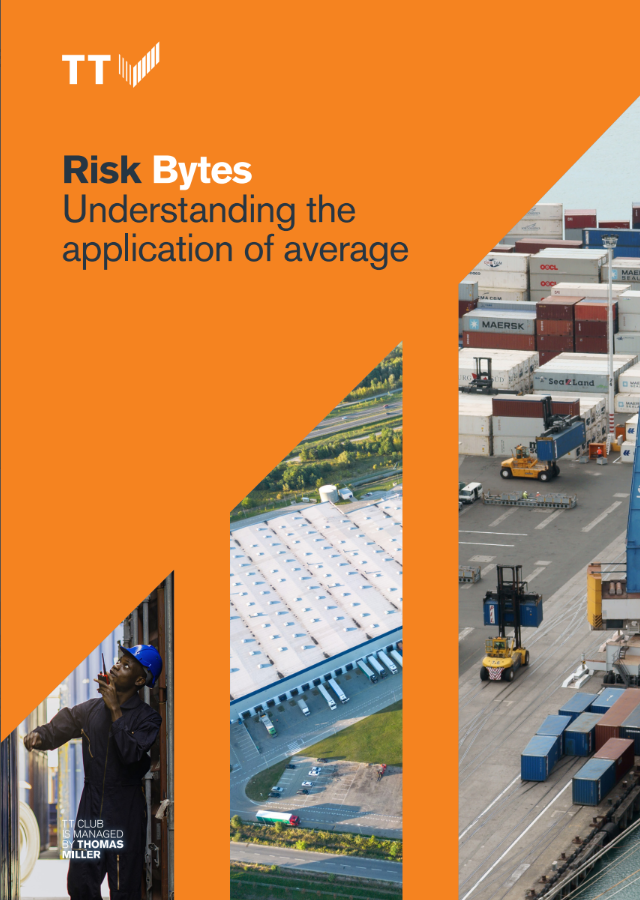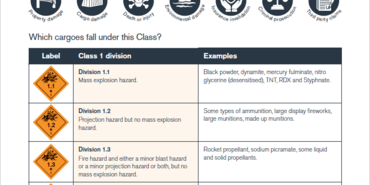Risk Bytes: understanding the application of average
The average clause in insurance policies serves as a critical protection mechanism for insurers, but can significantly impact claim settlements for transport operators who undervalue their assets. This clause becomes active when declared values fall short of actual asset worth, resulting in proportionally reduced payouts that can severely affect business operations.
Transport operators must declare accurate values for property and equipment using established valuation methods including depreciated value, market value, new replacement value, repair value, or indemnity value. The chosen method depends on asset type and insurance requirements, making precise declarations essential for comprehensive transport & logistics operators cover.
How the average clause impacts claims
When losses occur, independent surveyors assess actual asset values against declared amounts. If underinsurance exceeds acceptable thresholds—typically 20% for TT Club policies—the average clause applies proportionally. For instance, if equipment declared at £600,000 has an actual value of £900,000, any claim payment reduces by one-third, leaving operators significantly undercompensated.
Recent inflation has intensified this risk, with raw material and labour costs rising substantially. Values assessed at loss time often exceed historical declarations, particularly for cargo handling facilities cover where infrastructure values fluctuate considerably.
Regular valuation updates prevent average clause activation whilst ensuring adequate premium calculations. Operators should continuously monitor asset values, declare new acquisitions promptly, and consider inflation's impact on replacement costs. Professional claims management & digital services can help navigate complex valuation requirements and optimise coverage levels.
Underdeclared assets remain your responsibility as co-insurer for the shortfall, emphasising the importance of accurate, current valuations for complete protection.
Key takeaways
- Accurate valuations prevent average clause penalties - Ensure declared values reflect current asset worth
- Regular updates are essential - Review and update asset values annually, considering inflation impacts
- Understand valuation methods - Choose appropriate basis (market, replacement, repair value) for each asset type
- Document new acquisitions - Declare additional property and equipment promptly to maintain coverage
- Professional guidance helps - Utilise expert claims management services for complex valuation requirements
Frequently asked questions
What happens if my declared insurance value is lower than my asset's actual value?
The average clause applies proportionally, reducing your claim payout by the percentage of underinsurance. You become a co-insurer for the shortfall amount.
How often should I update my asset valuations for insurance purposes?
Review valuations annually at minimum, or whenever significant inflation occurs. Consider quarterly reviews during periods of high inflation to maintain accurate coverage.
Does the average clause apply to all types of insurance claims?
The average clause typically applies to property and equipment claims, but specific applications vary by policy. For example, it generally doesn't apply to labour costs for handling equipment repairs.
Documents
TT Club Risk Bytes: Understanding the Application of Average (3.69 MB) 07/08/2025
- Date
- 22/07/2025






